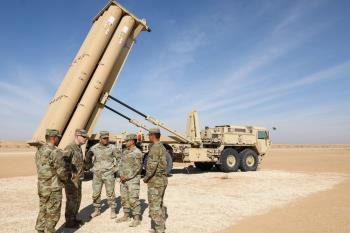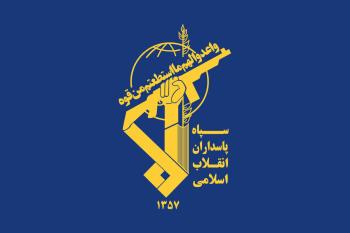Alwaght - When current Egyptian President, the then-army chief Abdul Fatta al-Sisi, toppled former Islamist President Mohammad Morsi on 3 July, 2013, the Muslim Brotherhood amassed hundreds of thousands of its supporters to take part in anti-military protests. These demonstrations were largely peaceful as Morsi slammed his removal as a "full coup" urging everyone to "adhere to peacefulness and avoid shedding blood of fellow countrymen."
Army violence against Islamists, however, was uncontrollable and surged in August when Egyptian security forces raided two camps of protesters in Cairo: one at al-Nahda Square and another at Rabaa al-Adawiya Mosque. According to the Egyptian Health Ministry, 638 people were killed on August 14 and 3,994 others injured, while the Muslim Brotherhood, contends that more than 2,000 people were killed.
Following the deadly August events and the announcement of a state of emergency, the country's security forces launched a wide-scale operation to arrest members and leaders of the brotherhood.
Two years later, it appears that the Muslim Brotherhood has had enough and is considering other options for reacting to the onslaught. With Morsi on death penalty and a government crackdown on its members, Muslim Brotherhood extremists have decided to engage in armed clashes against the Egyptian army.
As Egypt remains plunged in a post-revolution whirlpool of political insecurity and violence, there's one particular regime that is more than happy to see the Arab world's most populous nation fragmented. The Israeli regime, which never passes on a chance to see an Arab state destabilized, is particularly keen on doing so in Egypt and, subsequently, weakening its army, one of the most powerful Arab armies. The Israeli Regime has long been seeking to establish its presence in the Rafah border crossing, the besieged Gaza Strip's only gateway to the outside world, and is relying on insecurity there to achieve its aim.
Meanwhile, Egyptian intelligence service has purportedly attempted to arm Bedouins living in northern Sinai in exchange for leaving their residences near Rafah undestroyed. The Bedouins were careful enough not to take the offer since they are aware of the peninsula's shaky security status.
It is clear that everything Sisi has done against the Islamist organization, including banning it from politics and handing down the death penalty to its leaders, is part of a bid to uproot the Muslim Brotherhood from Egyptian soil. For their part, brotherhood hardliners have chosen to battle in a war of attrition.
The Muslim Brotherhood has recently called for rebellion against Egypt's president who was referred to as a "butcher" after nine of the group's leaders were killed in a raid.
The group issued a statement saying: "To the proud people of Egypt… This unjust tyrant has done his worst. Rise in revolt to defend your homeland, your lives and your children ... Oust the heinous murderer."
Egyptian authorities have become accustomed to pointing the blame finger on the brotherhood. The Foreign Ministry has pinned the violence perpetrated last week on the banned organization saying it is the main source of Islamic extremism.
Its latest statement reads: "All of these attacks were conducted days apart, and showed a level of sophistication and coordination that affirms the presence of organized terrorist activity perpetrated by the Muslim Brotherhood."
But if any country is directly involved in the chaos in Egypt, it's none other than Saudi Arabia. Riyadh is known to have supported Salafist groups and even radical members of the Muslim Brotherhood to use them as pressure cards when dealing with Sisi. This internal threat serves as a constant reminder for Sisi to abide by the Saudi regime's policies.
If Egypt remains on this path, the Arab world's most powerful military might be weakened beyond repair and the country may even end up with a fate similar to that of Iraq and Syria. In such a scenario, a divided and war-torn Egypt would suit best the Israeli regime's plans to expand its occupation.
Given the large support base the Brotherhood enjoys in Egypt, it is only reasonable that this large portion of Egyptian society is represented in the state through national reconciliation and fair share of power.


























